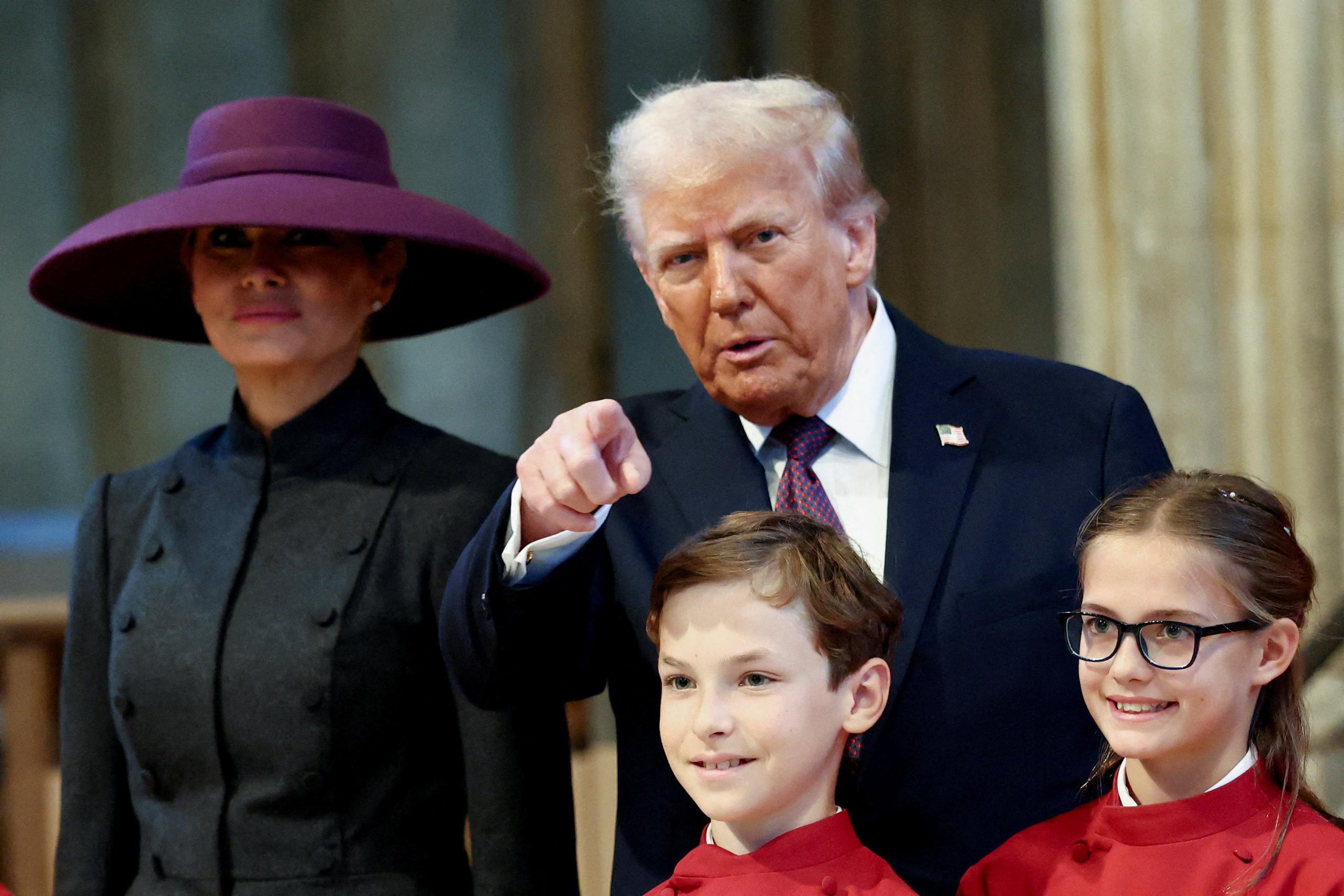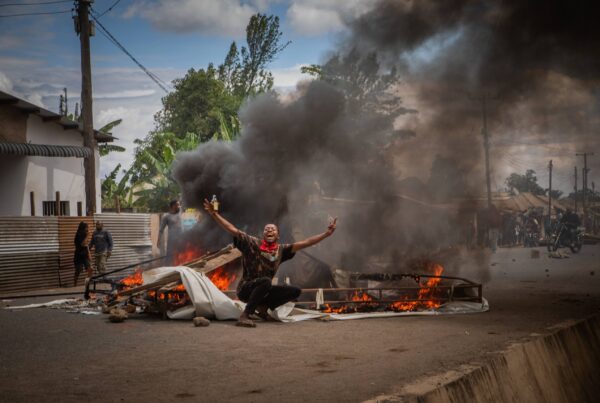Donald Trump will once again be in the spotlight at the 80th United Nations General Assembly in New York. The presence of the US president is considered pivotal as it takes place during two major wars shaking the world, namely the Gaza conflict and Russia’s invasion of Ukraine. Trump is scheduled to deliver his keynote speech on Tuesday morning local time. His address is widely anticipated as it is expected to outline America’s foreign policy, which has often stirred debate.
The situation in Gaza has become the most urgent issue. Since Israel launched a ground offensive in Gaza City, the humanitarian crisis has worsened. Dozens of civilians have been reported killed in continued airstrikes over the past weekend. The UN has warned that northern Gaza now faces severe famine due to blocked humanitarian access. Israel’s closure of the Zikim crossing has further restricted the entry of fuel and food supplies.
Strong reactions have come from international organizations. UN Secretary-General António Guterres described the situation as “the worst humanitarian crisis in a decade.” Meanwhile, Arab nations are urging an immediate ceasefire. Trump is expected to address this issue with his trademark approach, prioritizing security solutions over lengthy diplomacy.
Ukraine Remains in Focus
Beyond Gaza, the Russia-Ukraine war continues to dominate the global agenda. Since early 2025, battles have intensified in eastern Ukraine, particularly in Donetsk and Luhansk. Russia has expanded its ground attacks while Ukraine relies heavily on US and European military aid.
In recent months, Trump’s administration has faced domestic pressure to scale back funding for Ukraine. Republicans in Congress demand that massive sums be redirected to domestic priorities. Nonetheless, White House officials insist Washington remains committed to supporting Kyiv.
Trump’s UN address is seen as a signal of his future policy. Analysts believe he may use the forum to press Ukraine toward negotiations with Moscow, even though the prospect of talks remains minimal.
Palestine and Iran
This year’s UN session is also shaped by moves from several Western countries preparing to recognize Palestine as a sovereign state. France and Saudi Arabia are spearheading a special conference on the two-state solution, held before the main sessions. Recognition of Palestine is set to become a diplomatic milestone that could trigger strong reactions from Israel.
At the same time, tensions with Iran are also on the agenda. The nuclear issue has resurfaced after the International Atomic Energy Agency reported Tehran’s lack of cooperation. The UK, France, and Germany are considering reimposing UN sanctions through the snapback mechanism if Iran fails to comply with monitoring obligations.
Trump is known for his hardline stance on Iran. In his upcoming speech, he is expected to stress the need to curb Tehran’s nuclear ambitions to ensure Middle East stability. This could further strain already fragile US-Iran relations since Washington withdrew from the JCPOA nuclear deal during Trump’s first term.
Trump’s presence at the UN is more than a diplomatic formality. The world is watching to see how the United States positions itself in increasingly complex global conflicts. Gaza, Ukraine, Palestine, and Iran represent only part of the broader issues on the table.
Whatever Trump delivers will shape international geopolitics and influence the stance of both America’s allies and rivals. The international community now awaits whether Trump will pursue a confrontational path or open new doors for diplomacy.
For further insights into Middle East developments, readers can explore related articles on Olam News covering the Gaza crisis and Palestinian politics. You can also read our special report on how the Ukraine war is impacting the global economy.






